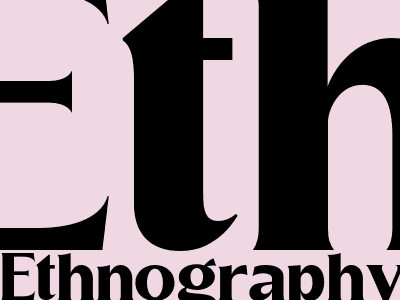
Ethnography, now through dictation: Researchers reduce barriers for diverse participants
New initiative establishes first-of-its-kind dictation service for ethnography
Remote ethnography company, Dubber, in partnership with leading research firm, Dubberly Design Office, today introduced a new service to advance equitable participation in ethnography. The service, known as "Ethnography through Dictation," combines voice-to-text transcription technology with human quality assurance to empower participants to contribute their perspectives through dictation rather than typing.
Creating a more inclusive experience
Ethnography is a research method that involves observing and interacting with people in their natural settings to understand their experiences and perspectives. However, traditional ethnography methods often rely heavily on written communication, which can create barriers for participants who may not be comfortable or able to type.
The Ethnography through Dictation service aims to address this challenge by providing participants with the option to dictate their responses to interview questions or share their thoughts and experiences in their own words. This allows researchers to collect rich and detailed data from a more diverse range of participants, including those with disabilities, language barriers, or low literacy levels.
Enhancing the quality and accuracy of data
The service combines state-of-the-art speech recognition technology with human quality assurance to ensure the accuracy and reliability of the data collected. The transcripts are reviewed and edited by experienced transcriptionists to correct any errors and maintain the integrity of the participants' voices.
This approach not only ensures the accuracy of the data but also allows researchers to capture the nuances and subtleties of the participants' speech, which can be lost in text-based communication.
Expanding the reach of ethnography
The Ethnography through Dictation service has the potential to significantly expand the reach of ethnography by making it more accessible to a broader range of participants. By removing the barrier of typing, researchers can engage with individuals who may have been previously excluded from ethnographic studies.
This not only enhances the inclusivity of research but also enriches the diversity of perspectives and experiences that researchers can access, leading to a more comprehensive and representative understanding of the human experience.